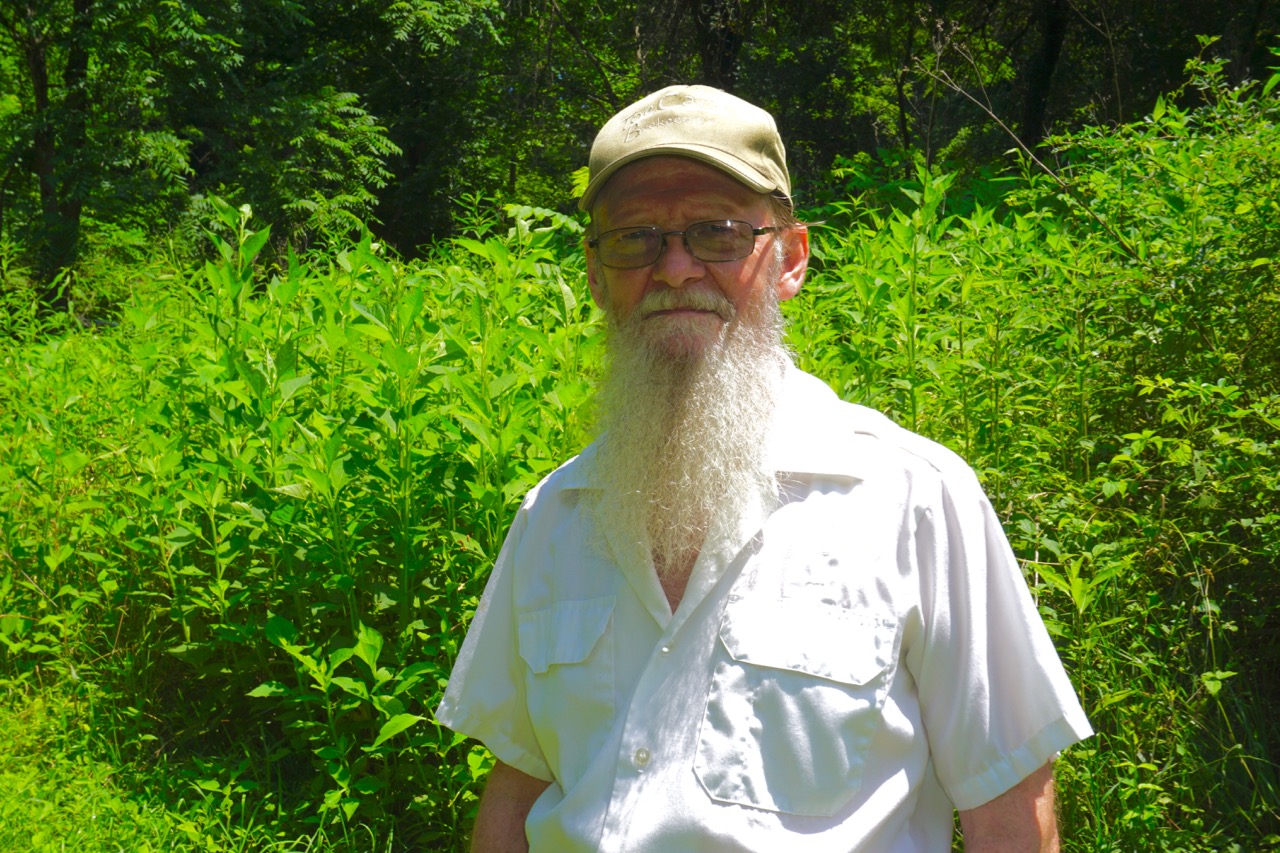
Most people when asked, “How does the honeybee help us?” will respond, positively, “They make honey for us” or negatively, “They will sting you.”
Let’s clear up the first response: honeybees do not make honey for us.
The honey they produce is for the colony’s own survival. They feed on stored honey to survive the winter months until the following spring when they can make more honey. Fortunately, the honeybee usually produces more honey than is needed for the winter, which allows a beekeeper to remove some honey for our enjoyment. Unfortunately, this past season some of our honeybees did not produce enough honey, ate too much honey during the summer and needed to be fed to survive the winter.
As for the second response, yes, they will sting you, but only as a last resort, because the honeybee will die shortly after stinging you. If you have gotten stung by a honeybee, it’s obvious you missed all of the subtle signs she was sending you to get you to move away from her location. Getting stung by a bee can hurt, but losing honeybees forever can hurt even more.
Some folks have heard the honeybee is in trouble and ask, “How is that going to affect me?” Did you know 1 of every 3 bites of food we consume comes from a pollinated plant or an animal that depends on plants pollinated by bees? And your favorite brew of coffee could also be included. As important as pollination is to our food supply, a large percentage of the population does not recognize the association of the honeybee and humans’ diets. It has been predicted if the honeybee dies, so will humans in the following years, due to the lack of food.
If you have the desire to become a beekeeper or just want to be better educated about honeybees, join me at the Mayland Community College in Spruce Pine for a 24-hour course about beekeeping where students will learn about the history and biology of the honeybee, the equipment needed to start a hive of honeybees, the honeybee’s association with agriculture, the threats to the colony, such as CCD, the sales of more than just honey and concluding with a hands-on experience at the Harty Farm Bee Yard.
The class is from 6-9 p.m. beginning Thursday, Feb. 6. To register for the class, call Mayland Community College at 828-766-1291 or visit www2.mayland.edu/ceclasses/?search=agr-3001-m1.
Rick Harty is a North Carolina State Beekeepers Association Master Beekeeper.

